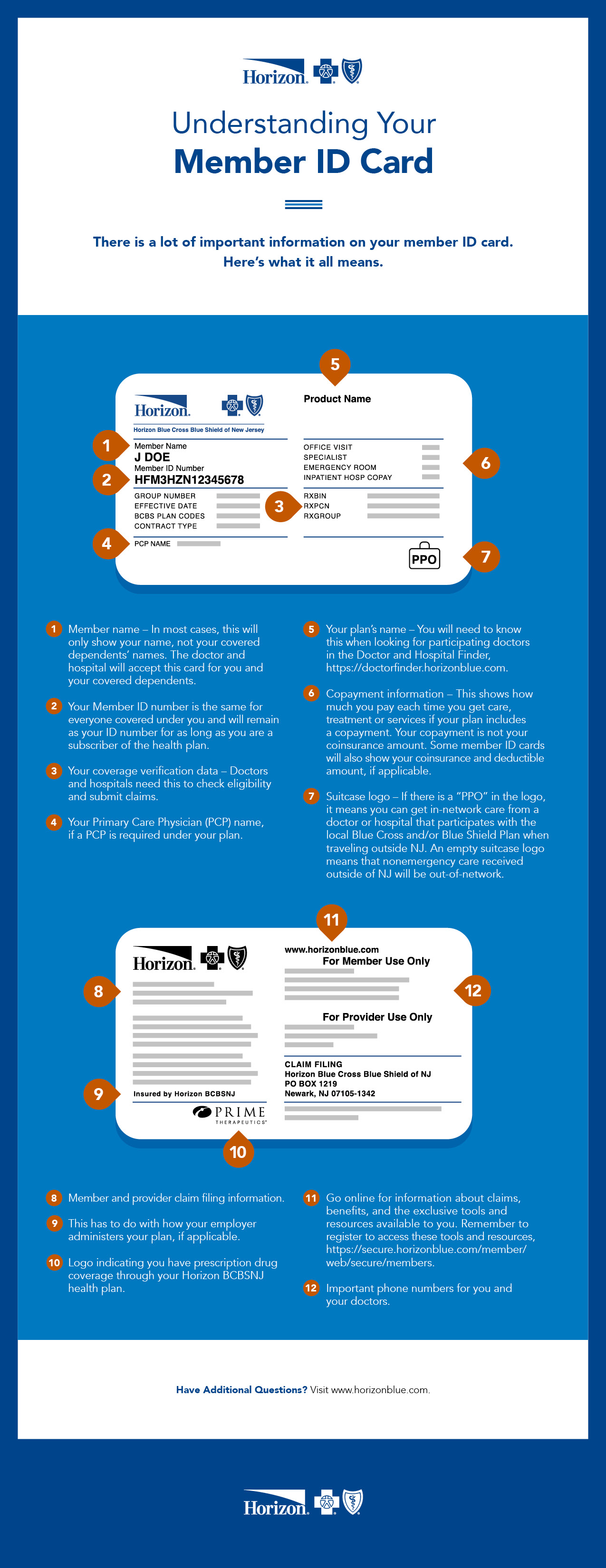POS or Point of Service plans have lower costs but with fewer choices. Youre willing to play by the rules and possibly coordinate your care through a primary care physician Your favorite doctor already participates in the network use our Doctor Finder tool to find out.
Point of Service POS POS plans resemble HMOs but are less restrictive in that youre allowed under certain circumstances to get care out-of-network as you would with a PPO.
What is a pos plan. You still need to select a primary care physician and need referrals but the cost coverage is the same as a PPO plan. A type of plan in which you pay less if you use doctors hospitals and other health care providers that belong to the plans network. Like HMOs many POS plans require you to have a PCP referral for all care whether its in or out-of-network.
Copays are generally low and premiums fall somewhere between HMO and PPO plans. Plans may vary but in general POS plans are considered a combination of HMO and PPO plans. Pros and Cons.
There are many more details youll want to compare as well. How a Point-of-Service Plan POS Works Point-of-service POS plans usually offer lower costs but their list of providers may be limited. POS plan costs vary based on where you live your age and what kind of coverage youre interested in.
But like a PPO patients may go outside of the provider network for health care services. The POS is a more flexible plan than the HMO. Updated on October 24 2020 A point of service POS plan is essentially a combination of a health maintenance organization HMO and a preferred provider organization PPO.
However there may be a high deductible for out-of-network providers. Plan Obligatorio de Salud Spanish. Person on Street stories POS.
Planet Of Sound UK nightclub POS. You can access care from in-network or out-of-network providers and facilities but your level of coverage. A POS plan may be right for you if.
Point of Service POS Plans. Whats a POS point-of-service plan. With a POS health plan you have more choices than.
A POS policyholder is responsible for filing all the paperwork. A POS or point of service plan is also a hybrid of an HMO and PPO plan. POS systems provide companies with sales and marketing data.
A PPO or Preferred Provider Organization offers a lot of flexibility to see the doctors you want at a higher cost. An EPO is a good option if you want to see specialists without a PCP referral within your network. Like an HMO you will need a referral from your PCP in order to see a specialist.
POS plans also require you to get a referral from your primary care doctor in order to see a specialist. In general a Point of Service POS health insurance plan provides access to health care services at a lower overall cost but with fewer choices. POS plans also do not have deductibles for in-network services.
Employees choosing a POS plan can seek any doctor within or outside the network of contracted doctors. Type of plan and provider network. Think of it as something of a blend of HMO and PPO plans.
Estate Layout Policy POS. Last but not least in the HMO vs PPO vs POS breakdown is POS otherwise known as a point of service healthcare plan. Plan dOccupation des Sols French.
Comstock Stockbyte Getty Images. Like an HMO participants designate an in-network physician to be their primary care provider. Point of sale POS refers to the place where customers execute payments for goods or services.
POS plans are similar to HMOs but POS plans allow customers to see out-of-network providers. A point-of-service plan POS is a type of managed care plan that is a hybrid of HMO and PPO plans. One of the main differences between the two medical insurance plans is that an employee opting for POS plan can have the benefits of both POS and HMO plans.
Point-of-service plan POS A POS health plan stands for point of service and is a mix between an HMO and a PPO-style health insurance policy. Pain of Salvation band POS. More coverage for preferred providers and less for out-of-network.
A type of managed-care coverage that allows members to choose to receive services either from participating providers or from providers outside the Priority POS SM plans network.







